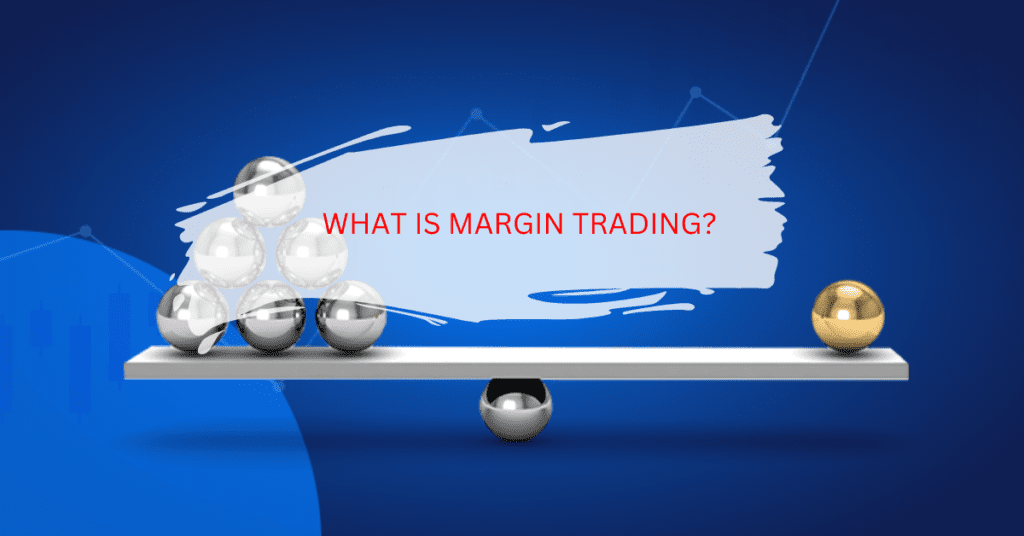Margin trading is a type of investment strategy in which an investor borrows money from a broker to purchase securities. The investor effectively uses the borrowed money, or margin, to increase the size of their potential investment. When investor purchases securities on margin, they are also required to maintain a minimum balance, known as the maintenance margin, in their account.
Here’s how margin trading works:
- An investor decides to engage in margin trading and opens a margin account with a broker.
- The investor deposits money into the margin account as collateral. This collateral is used to secure the loan from the broker.
- The investor uses borrowed funds to purchase securities, such as stocks, bonds, or ETFs.
- The value of the securities purchased on margin is added to the investor’s account balance.
- The investor is required to maintain a minimum balance in the margin account, known as the maintenance margin. If the value of the securities in the account falls below the maintenance margin, the investor will receive a margin call, which requires them to either deposit more funds into the account or sell some of the securities to bring the balance back up to the required level.
- If the value of the securities increases, the investor may choose to sell them and pay back the broker, along with any interest on the loan. The investor can then keep the profit from the sale.
There are a few key points to consider when it comes to margin trading:
- Margin trading allows investors to amplify their potential returns, but it also increases risk. Because the investor is using borrowed money to purchase securities, they can potentially lose more than their original investment if the value of the securities falls.
- Margin trading is not suitable for all investors. It requires a high level of financial knowledge and experience, as well as a willingness to take on increased risk.
- Margin trading is regulated by the Financial Industry Regulatory Authority (FINRA) in the United States. Brokers are required to obtain permission from investors before engaging in margin trading and to provide regular account statements and risk disclosures.
- Margin interest rates can vary depending on the broker and the type of securities being purchased. It is important for investors to understand the interest rates and fees associated with margin trading before entering into a margin agreement.
Overall, margin trading can be a useful investment tool for experienced investors who are willing to take on increased risk in pursuit of potentially higher returns. However, it is important to understand the risks and to carefully consider whether margin trading is appropriate for your investment strategy.
Thanks for visiting FOREX GOATS kindly visit us again.

